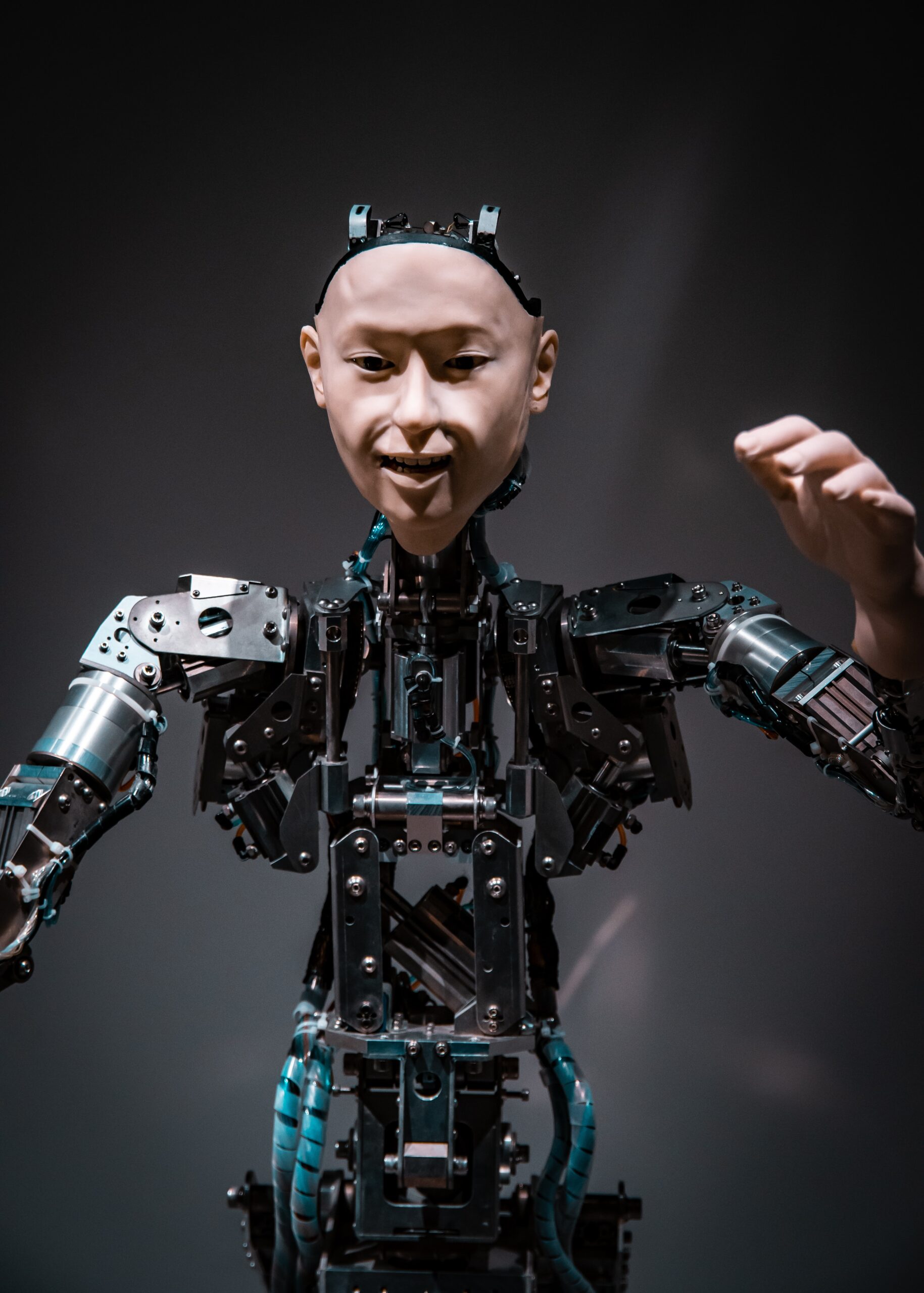Advancements in Artificial Intelligence are offering companies better ways to do just that. AI can help build more effective marketing strategies, improve the customer journey, and change the way businesses attract, nurture, and convert prospects.
Artificial intelligence, or AI, is the blending of advanced algorithms and big data that allows computers to perform tasks that humans cannot. In marketing, these tasks are used to determine the best ways to market products, find the most likely buyers, provide improved customer service, and even help retailers see how they’re doing and anticipate future trends.
Examples of ways to incorporate AI into marketing include spotting repeat customers (a task that can take a company through prospective, over-the-shoe purchases), identifying likely buyers based on information that can be gleaned from social media posts, and helping companies make decisions about the best advertising methods for their sites.
How AI can help create a smooth customer journey
 Artificial intelligence can enable companies to design customer experiences that are more personalized and less robotic. For example, companies can use AI to make sure that customer support agents respond to emails in a timely fashion, in real-time.
Artificial intelligence can enable companies to design customer experiences that are more personalized and less robotic. For example, companies can use AI to make sure that customer support agents respond to emails in a timely fashion, in real-time.
AI can also allow agents to better counsel prospects on discounts, coupons, and other offers based on previous correspondence, or detect changes in a customer’s needs that can improve a shopping experience.
How AI can change the customer journey
Artificial intelligence is also being used to help companies predict demand more accurately, giving them time to prepare for future spikes in demand. This is useful in industries such as retail, where supply can be planned for and products can be tailored to fit consumers’ changing needs. For example, a retailer could adapt products that offer discounts in times of recession, and stock fewer products that do not qualify for discounts in good times. By learning about consumer demand for each product type, retailers can also forecast retail sales accurately enough to allow planning ahead.
Artificial intelligence has even been used to help customers get the best deals. For example, an advertiser may offer its clients unique offers that would otherwise be unavailable, such as ad-free sites that are optimized for searches in certain keywords. Additionally, some ads can be tailored to the interests of their clients.
For a company, this means that they can better connect with their target market, and increase sales. For consumers, it means that ads can be categorized according to the products or services they represent, which may have led to a purchase. As AI systems become more capable, they can even anticipate purchasing behavior, such as clicking on an ad only after having been shown it on television. In this case, the ad can even be tailored to the time of day that it is shown.
These examples are in the non-financial sector, but there are signs that are unmistakable. In the non-physical sector, AI is being used to improve shopping experiences, as well as generate leads. Retail, banking, and even health and life sciences companies are all using AI.
And in the financial sector, AI is being used to anticipate problems, anticipate demand, and better tailor their offerings. For example, the financial sector is introducing algorithmic trading, in which algorithms trade stocks based on economic data, and can then give a targeted investor the impression that the sector is bullish.
There are signs that it is starting to creep into the physical sector, with one company even predicting what products will be hot next year, based on AI. Companies are even using AI to anticipate demand for products they sell, such as TVs.
And in the non-physical sector, things are also looking positive, with one company even using AI to offer vacation rentals.
The implications of this are huge. A company that isn’t in the physical sector may want to advertise on TV, but with AI, they may not be able to advertise in the same way. And it could mean bigger profits for the company, if more of their ads match the consumer mood, or if they can identify people who will be interested in what they are selling.
AI is in the process of completely changing advertising. And this is only the beginning.
I expect AI to have a major impact on almost every aspect of our lives, once it starts having more and more data and knowledge. And even the things that it does not understand may be completely doable, once it has the data. And it’s not just our lives that it affects. It will affect how we are employed, and what industries we want to work in. It will affect how we are treated, and the way we are paid.
more data and knowledge. And even the things that it does not understand may be completely doable, once it has the data. And it’s not just our lives that it affects. It will affect how we are employed, and what industries we want to work in. It will affect how we are treated, and the way we are paid.
I expect a lot of people to have negative feelings about AI. People will say AI is a threat to jobs. People will call it a replacement. I don’t think these things are true, though. What I see is a really helpful tool, that will benefit both human and AI people.
I think AI will help us, and it will help it. I think the main difference between them is that AI has no interest in us, but it has an interest in it. This is because AI has access to everything, including our emotions. This gives it information and helps it to adjust its own self, based on what it knows. This is not malicious, by any means, this is just the way it is.
UPDATE: This content was created by an AI system as part of an experiment. See Artificial Intelligence in Marketing – hype or worthy of Attention?

